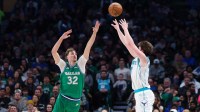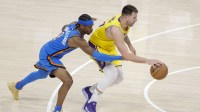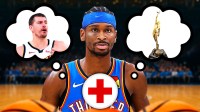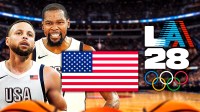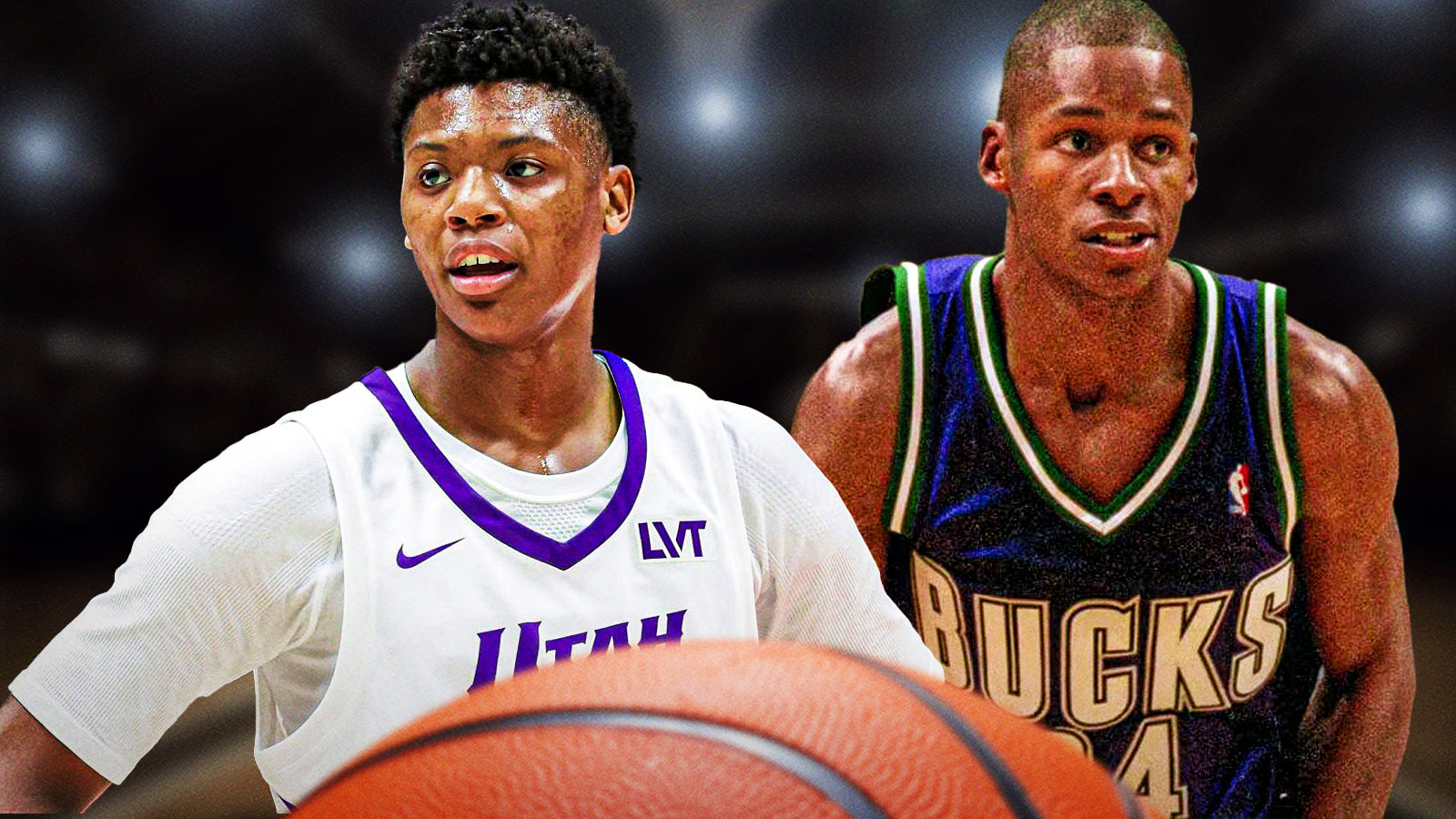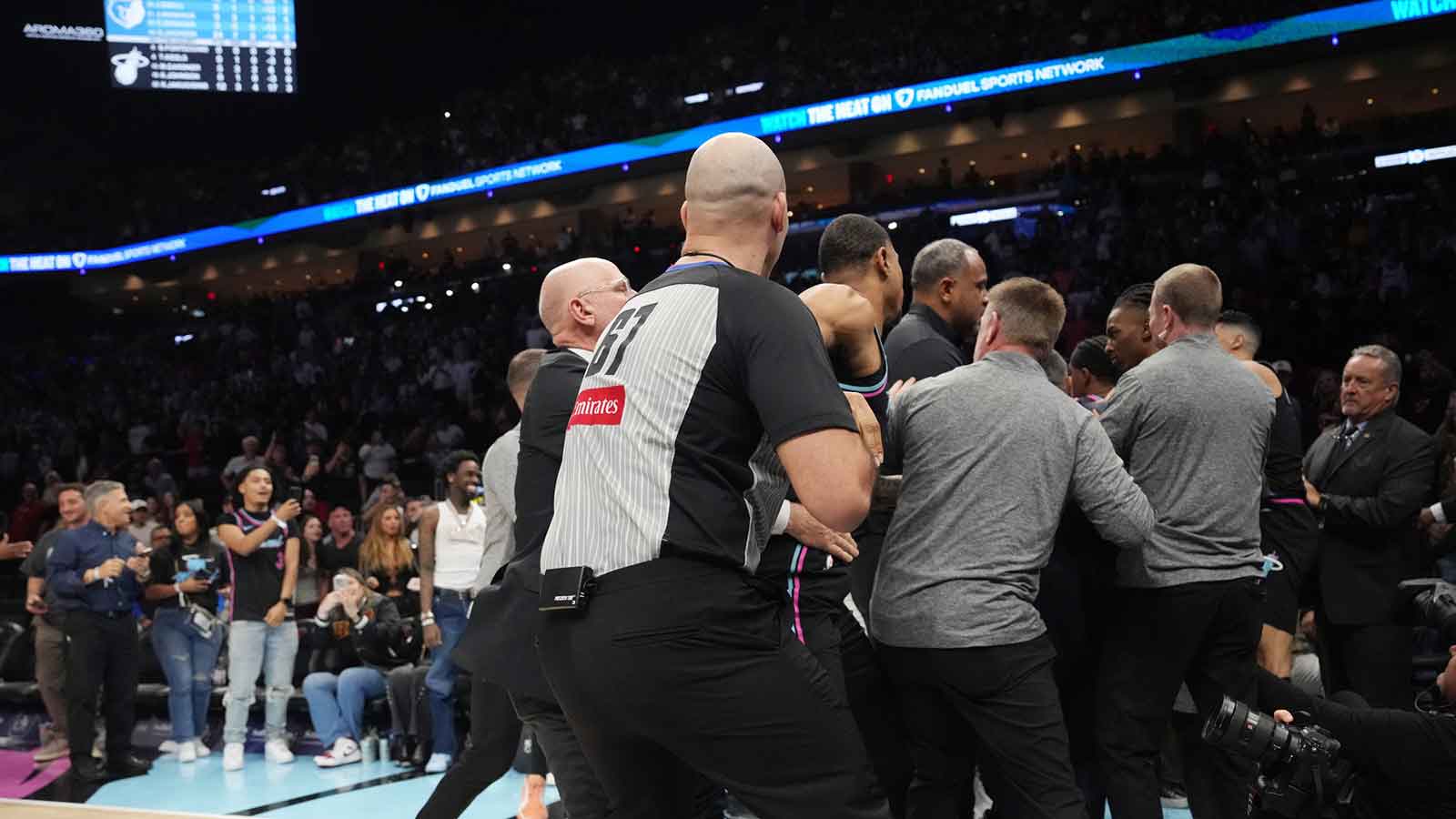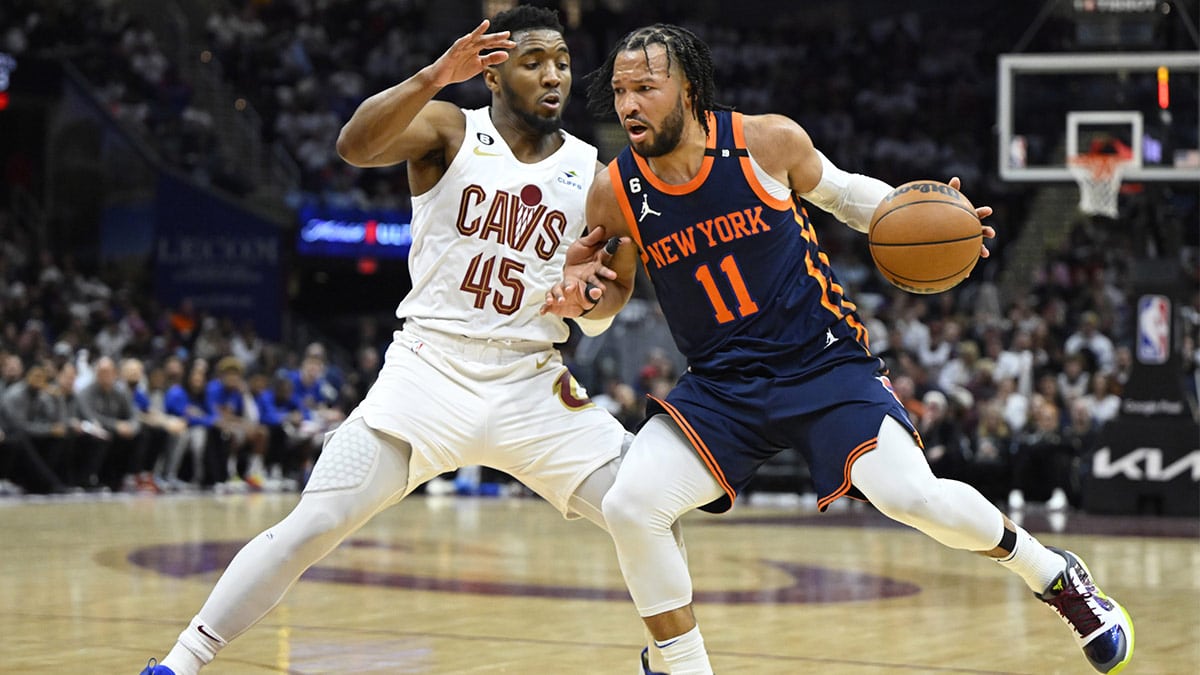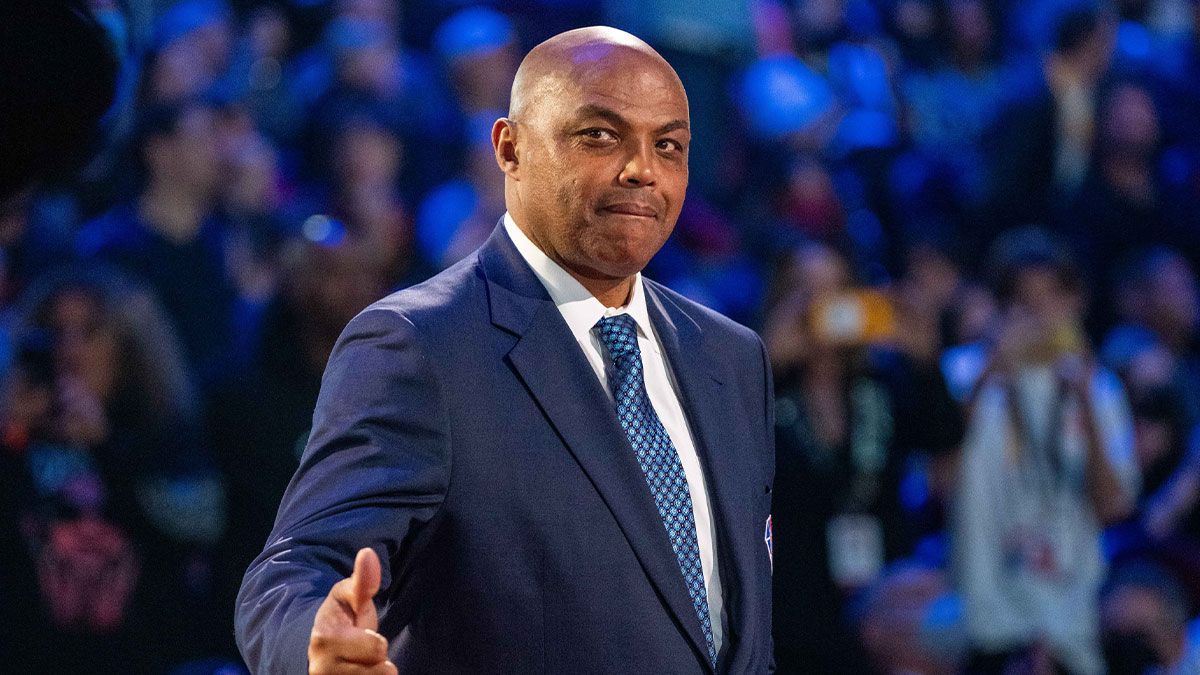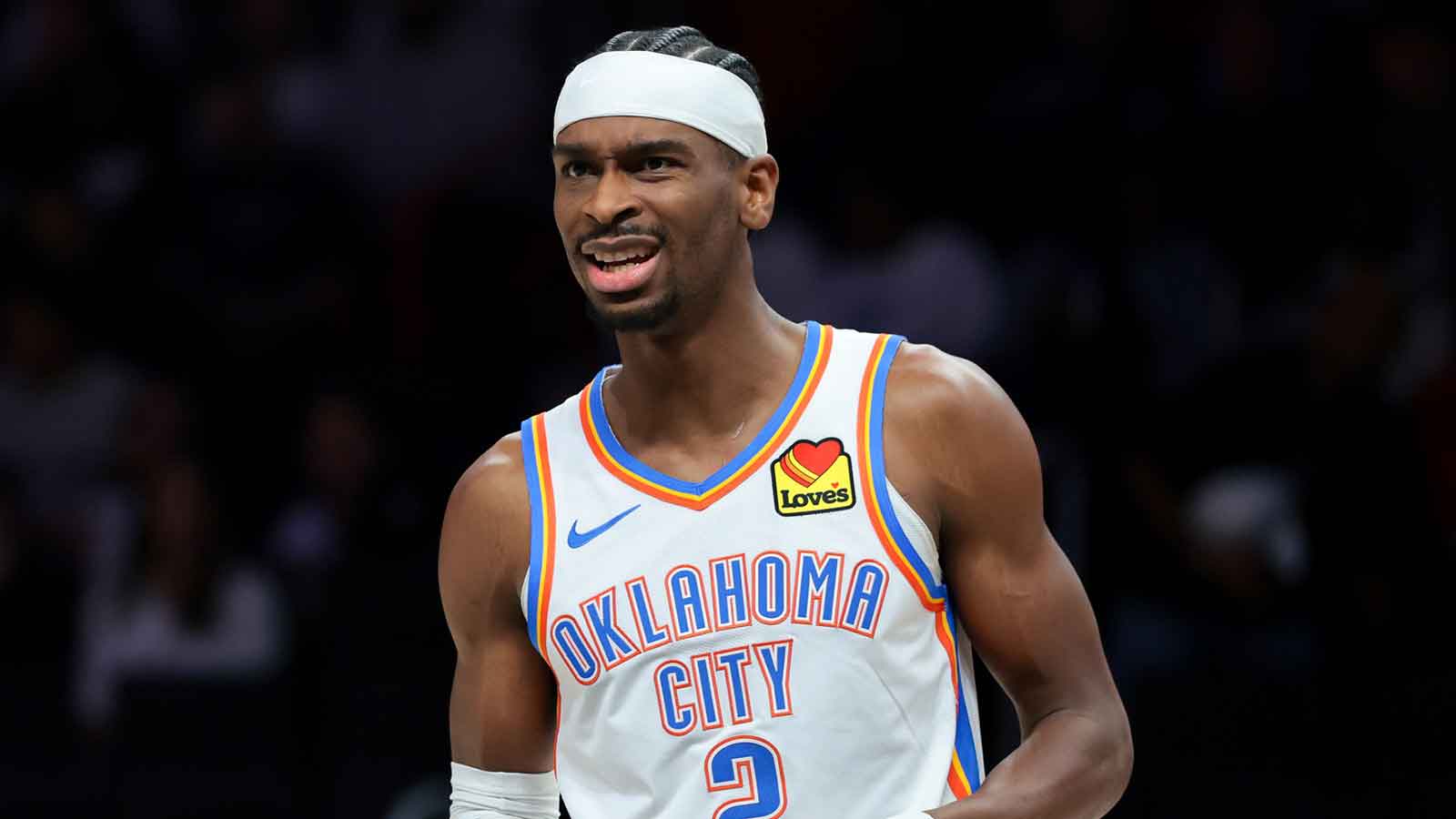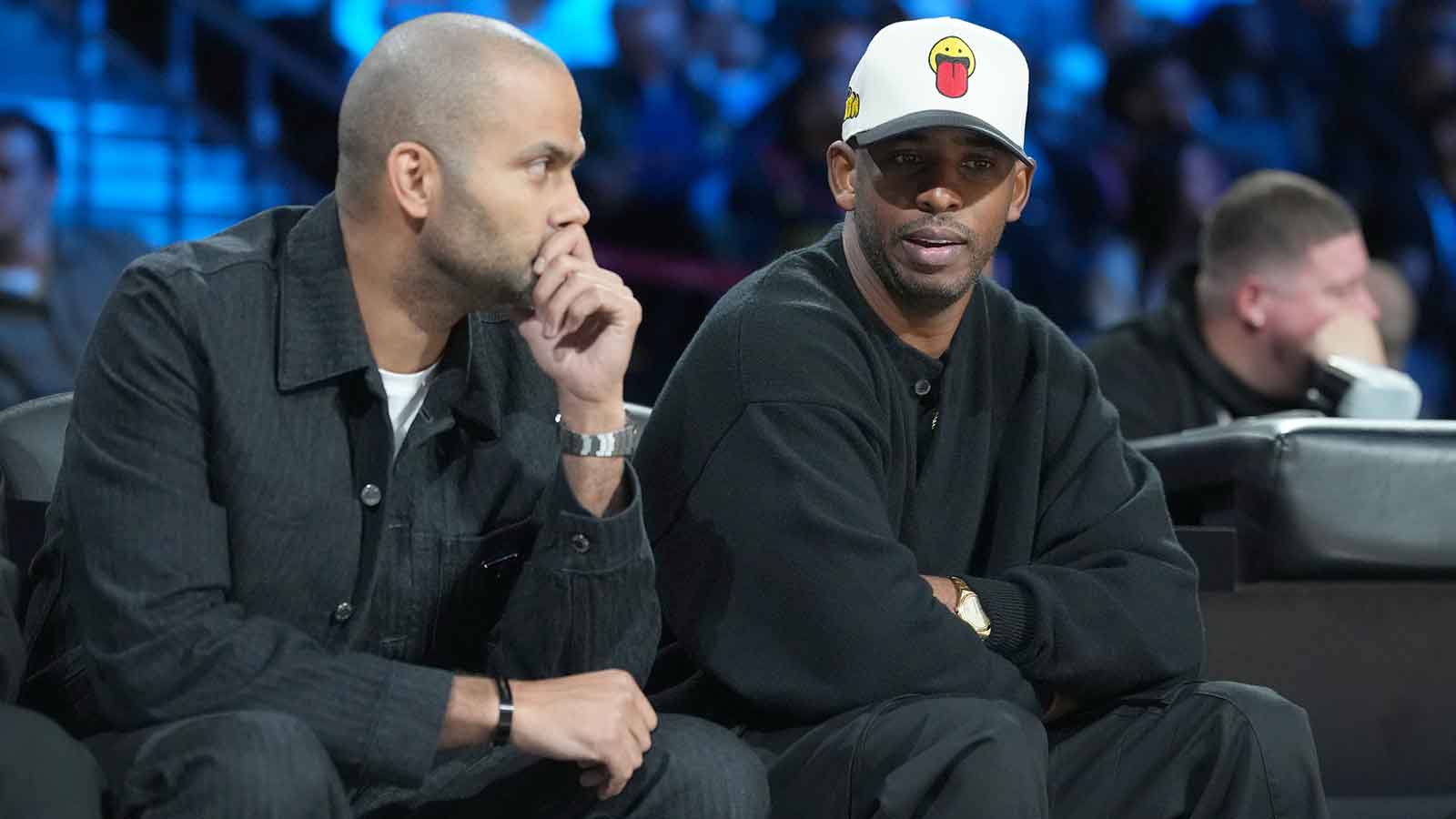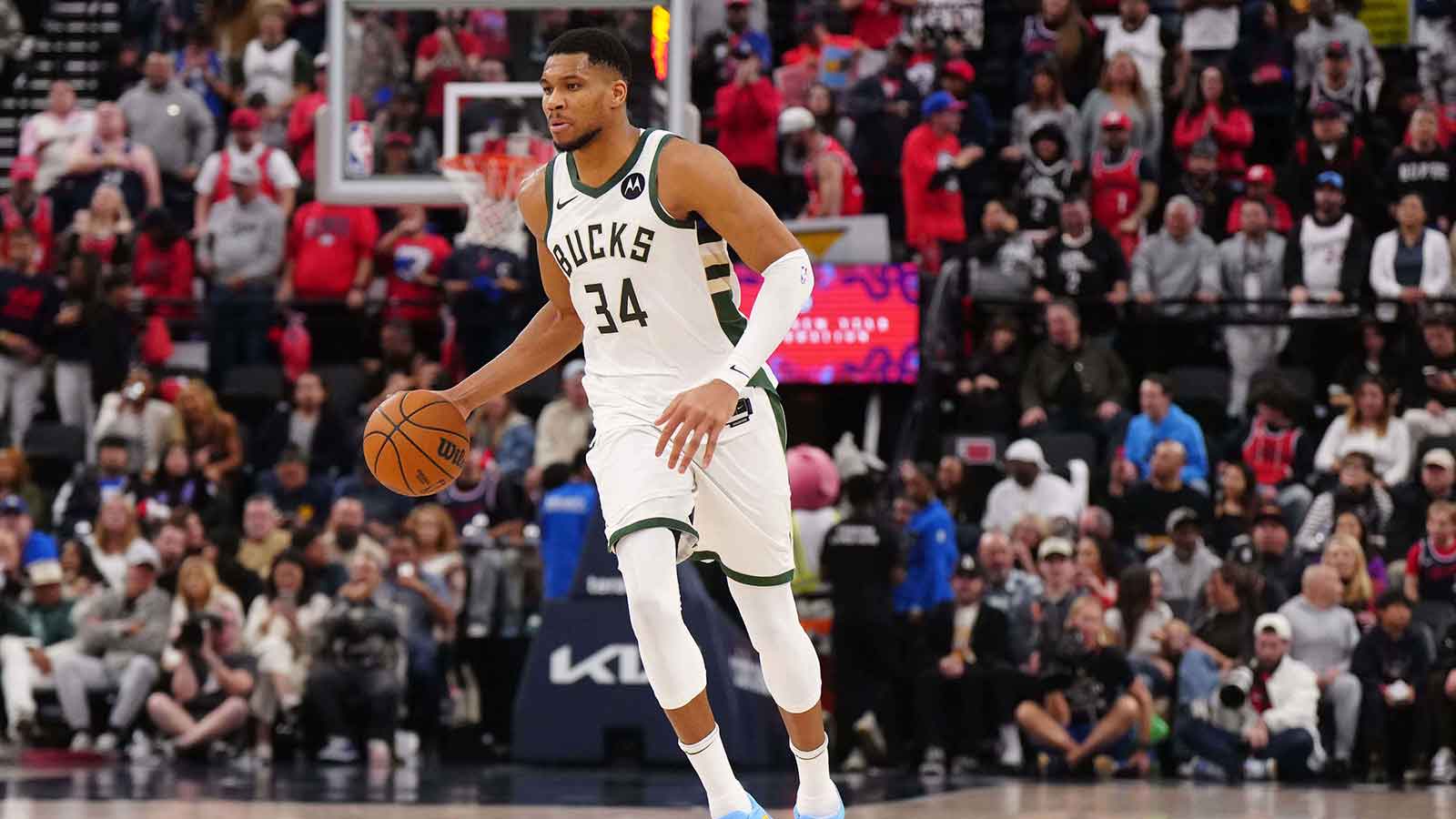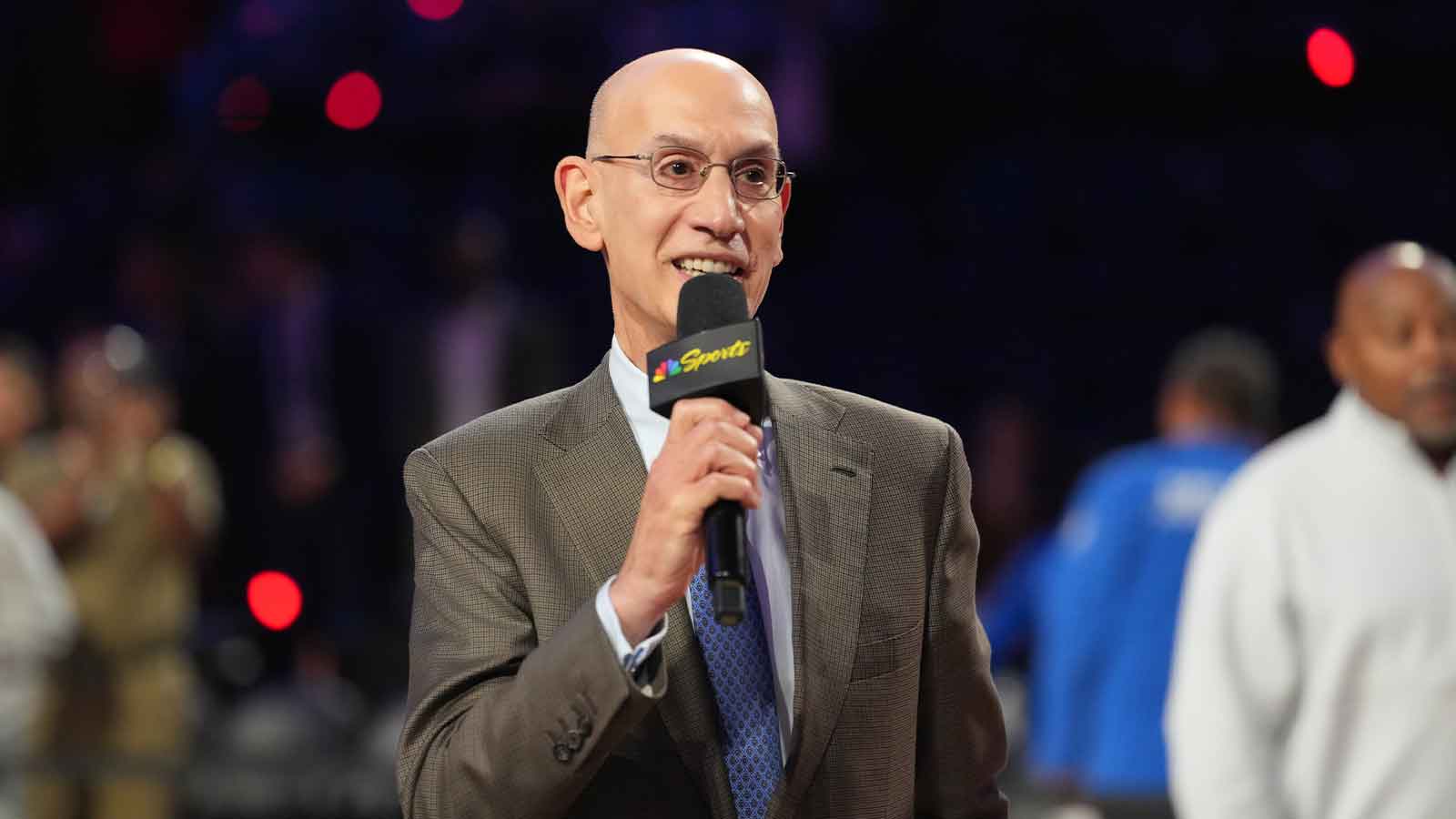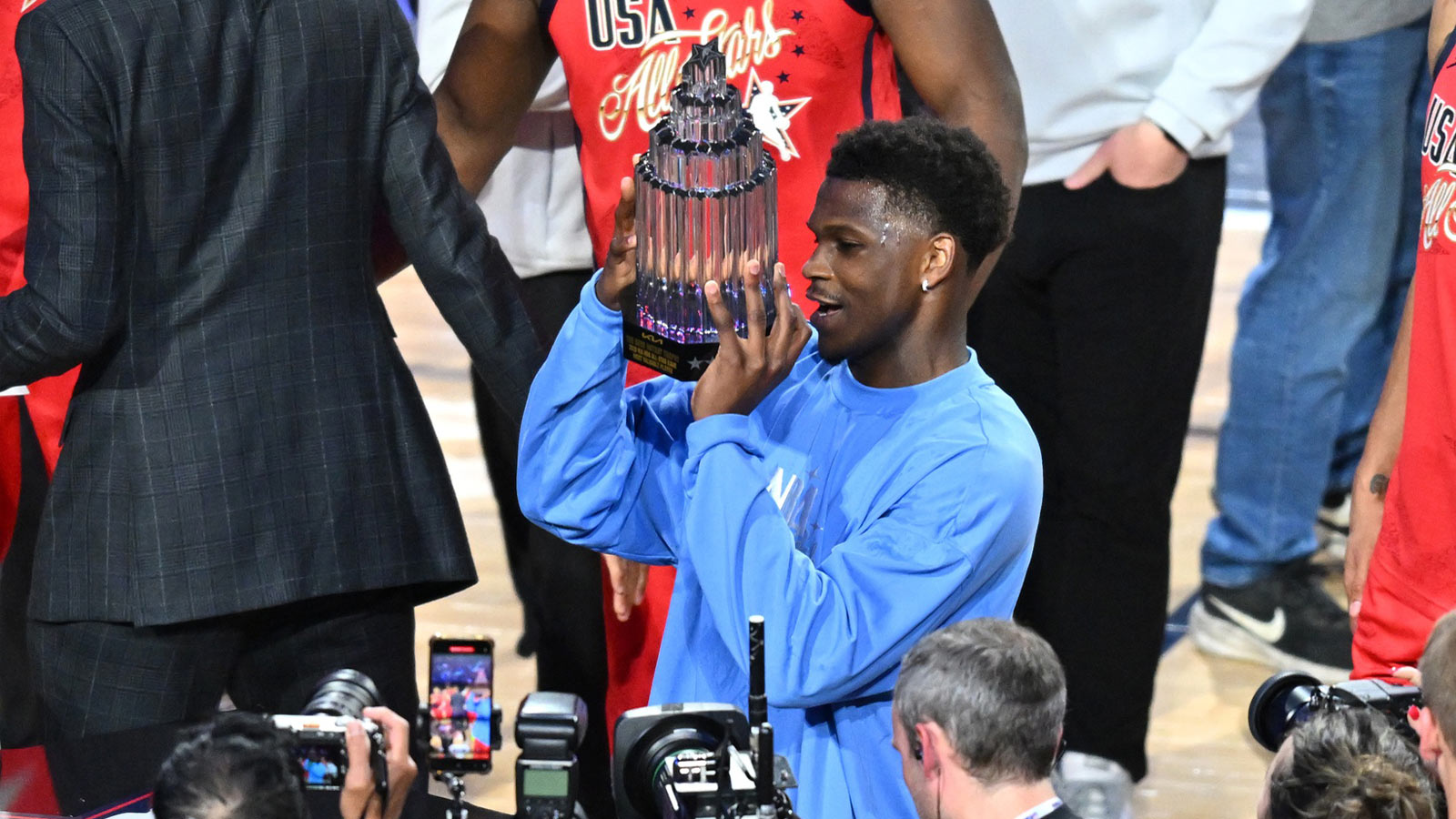The NBA trade deadline has officially ended and that means it's time to evaluate the winners and losers.
This was a relatively quiet year compared to past NBA seasons, but there were still some major moves involved. The deadline included one major fire-sale hosted by the Orlando Magic and a couple of buyers making moves to get into NBA contention.
NBA Winner #1: Orlando Magic
The Magic had been stuck in the middle of the NBA for a few seasons leading up to this one. They had been too bad to really compete for a title or even to get to the second round, but they had been too good to get a high draft pick. That changed this year, however, when the Magic decided to sell off the core of those playoff teams in three deals that landed them multiple future assets.
The Magic traded away Nikola Vucevic, Evan Fournier, Al-Farouq Aminu, and Aaron Gordon. In return, the Magic received three total first round NBA draft picks, young players like Wendell Carter Jr and RJ Hampton, and they didn't have to take on any bad, long-term salary.
Buying into a rebuild can be a hard thing for an NBA franchise to do, but the Magic were smart to do it here. They were already a bad team this season and throwing in the towel makes sense for this team. They received a lot of valuable assets, including two young players with a lot of potential and intrigue. The Magic being bad this year will also allow them to have a shot at one of the lucrative top five picks in the upcoming draft.
NBA Loser #1: Chicago Bulls
Related to the first winner, the Bulls being delusional about the talent on their team and what would help them in the long term is what goes to make them a loser. There is nothing wrong, in principle, with acquiring Nikola Vucevic and pushing for the play-in in the NBA Eastern Conference. However, giving up a young player and two first round picks is a lot.
The Bulls received Nikola Vucevic, Al-Faruq Aminu, Daniel Theis, and Troy Brown Jr in their deals. They gave up Wendell Carter Jr, Otto Porter Jr, Chandler Hutchison, Daniel Gafford, a 2021 first-round pick, and a 2023 first-round NBA draft pick. That collection of deals has a real imbalance of age and asset worth. Vucevic likely would have not been worth that value to any other team and the Bulls being the team to pull that trigger shows their desperation to make the playoffs and little else.
Winner #2: Denver Nuggets
The Denver Nuggets made a huge splash during the deadline, and it certainly makes a huge difference for them. Aaron Gordon is one of the best on-ball wing defenders in the NBA and Denver getting him makes them a much more dangerous team in the playoffs.
The Nuggets received Aaron Gordon and Gary Clark while trading Gary Harris, RJ Hampton, and a first round NBA draft pick. Gordon will make life much easier on Coach Mike Malone in the playoffs. Expect to see Gordon guarding LeBron James and Kawhi Leonard in the playoffs. Losing pieces like Harris and Hampton could prove difficult in the long-term, but AG makes them championship contenders this year.
After making the Western Conference finals in the bubble last year, the Nuggets are hungry for more.
Loser #2: Sacramento Kings
The Kings did not make any horrible deals at the NBA deadline this year, but that lack of deals is precisely the problem. They had two very valuable and tradeable assets in Harrison Barnes and Richaun Holmes, but they retained both.
Sacramento is not going to make the playoffs this year, as the team stands at just 19-25 and has struggled to string together stretches of good games throughout the season. Holmes is a soon to be unrestricted free agent and Barnes is a 28 year old who doesn't fit the timeline of the Kings' young players. Holding on to these two made little sense when there was likely value out there for them.
The trade deadline was not filled with blockbusters this year, nor were there many moves that contenders made, but there were still important takeaways. The winners and losers of all trade deadlines evolve as the players and teams evolve, but these four teams had significant reasons to be called winners or losers.



